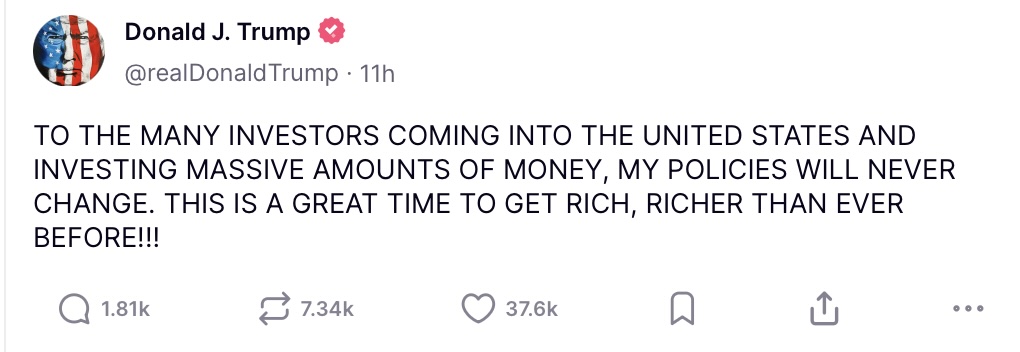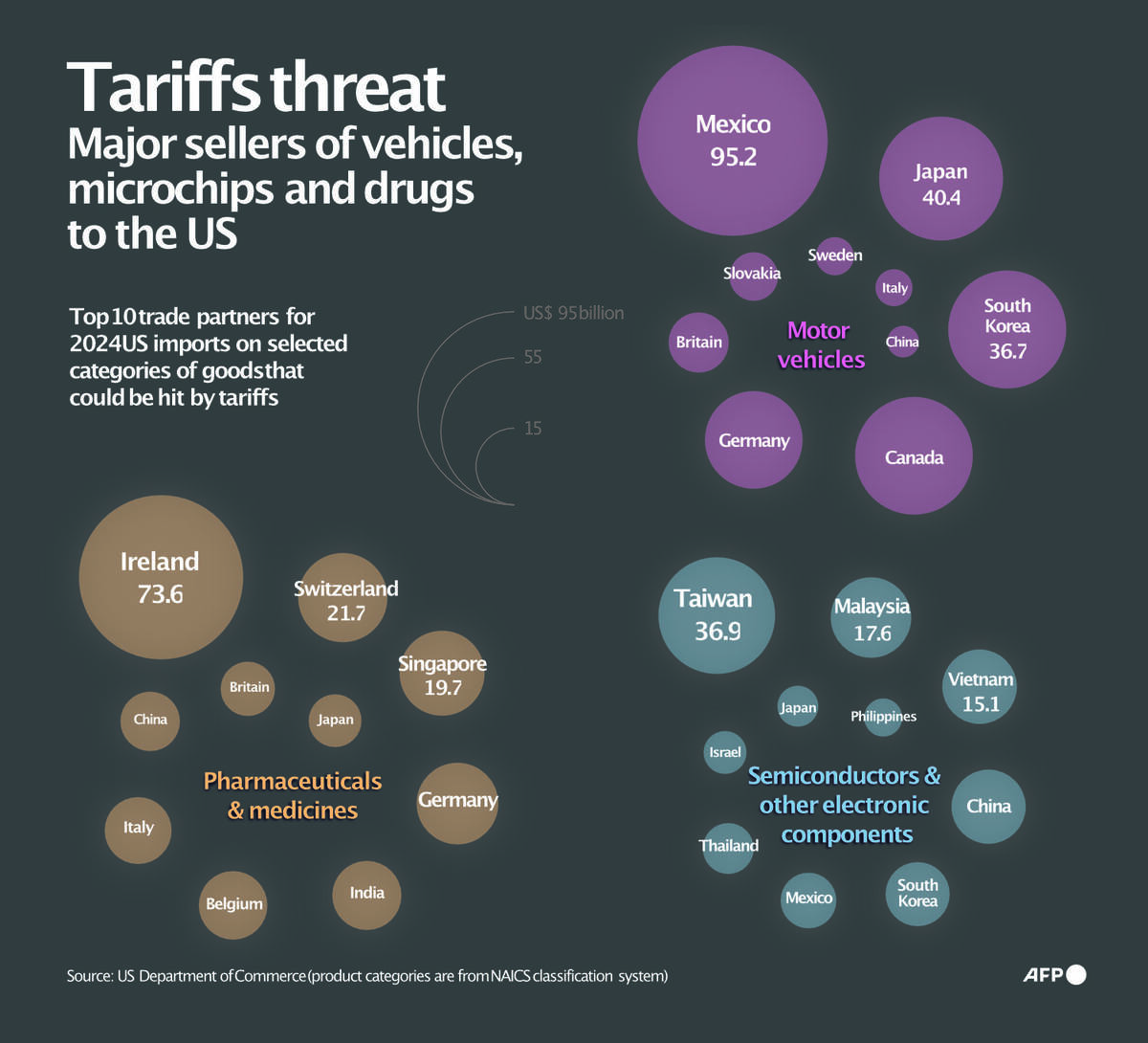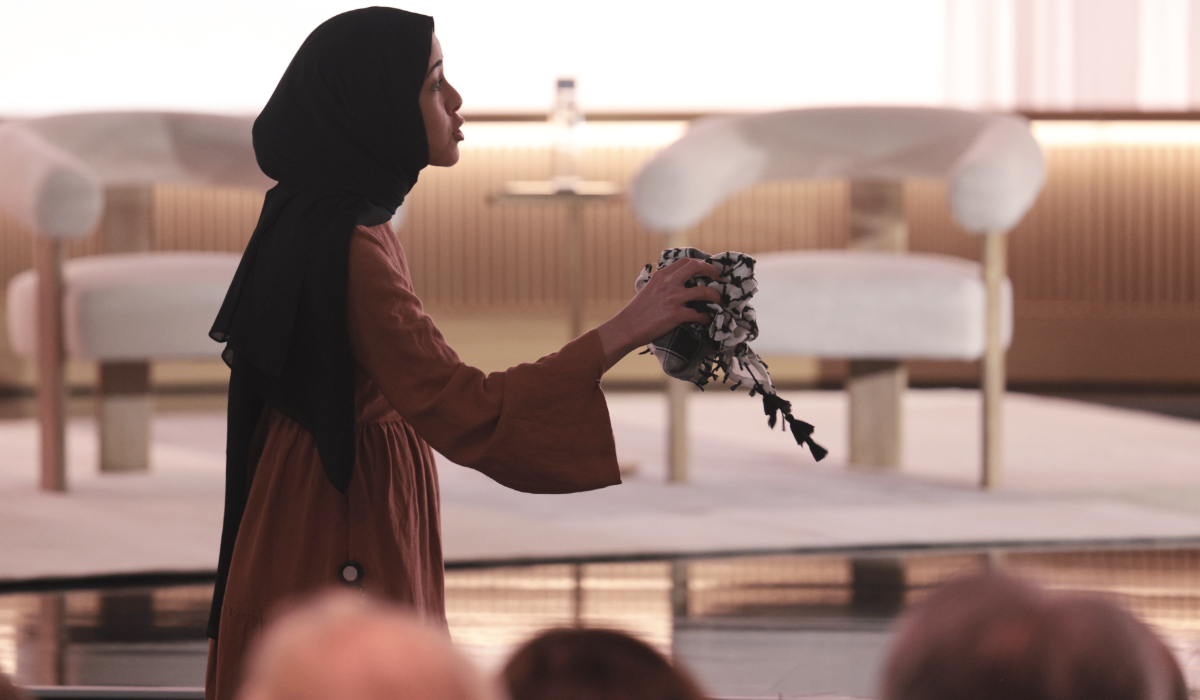MOSCOW: Russia and a group of west African countries led by military juntas hailed growing military ties at a summit in Moscow on Thursday, with some condemning Ukraine as a “terrorist” state.
Facing isolation in the West following its full-scale offensive against Ukraine, Moscow has tried to build new partnerships in Africa, where it has been growing in influence in recent years, including militarily.
Foreign ministers from Mali, Niger and Burkina Faso met Russian counterpart Sergei Lavrov in Moscow for the summit, which Lavrov said would “strengthen the whole suite” of their relations.
The three Sahelian countries are led by juntas who seized power in coups and have turned away from former colonial power France while moving closer to Russia, which has been sending mercenaries to help them fight a transnational jihadist insurgency.
Lavrov said Russia was ready to help “strengthen the three countries’ combat capability” and train soldiers and law enforcement officers.
He added that Moscow could help the countries form a joint armed force “by organizing special courses, by using instructors who are already working in large numbers in the countries” and by “supplying military production.”
Mali’s Abdoulaye Diop said that Mali and Russia shared views on “fighting against terrorism.”
“We consider Ukraine as simply a terrorist state,” the minister said at a press conference.
Mali last year broke off diplomatic relations with Ukraine, accusing a senior Ukrainian official of having admitted Kyiv played a role in a heavy defeat suffered by Malian troops.
Niger then joined Mali in cutting diplomatic ties, accusing Kyiv of supporting “terrorist groups.”
Ukraine’s foreign ministry on Thursday rejected claims it had interfered in Mali’s affairs as “baseless,” and suggested Diop’s comments were unserious given he “represents an illegitimate junta that usurped power.”
Moscow has concluded defense agreements with Mali, Burkina Faso and Niger and supplied them with military equipment.
Russia, African juntas blast Ukraine as they deepen ties
https://arab.news/wdf98
Russia, African juntas blast Ukraine as they deepen ties

- Moscow has tried to build new partnerships in Africa, where it has been growing in influence in recent years, including militarily
- Foreign ministers from Mali, Niger and Burkina Faso met Russian counterpart Sergei Lavrov in Moscow for the summit
































